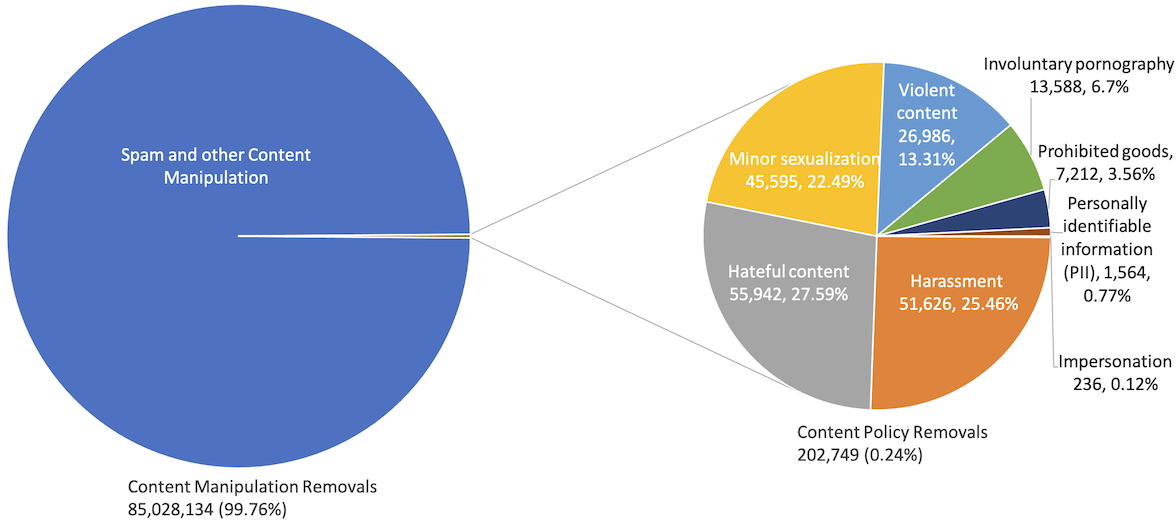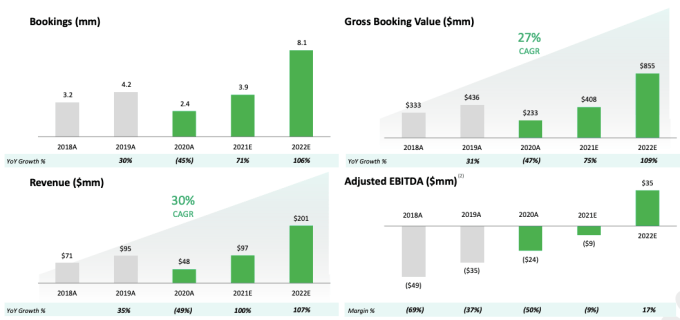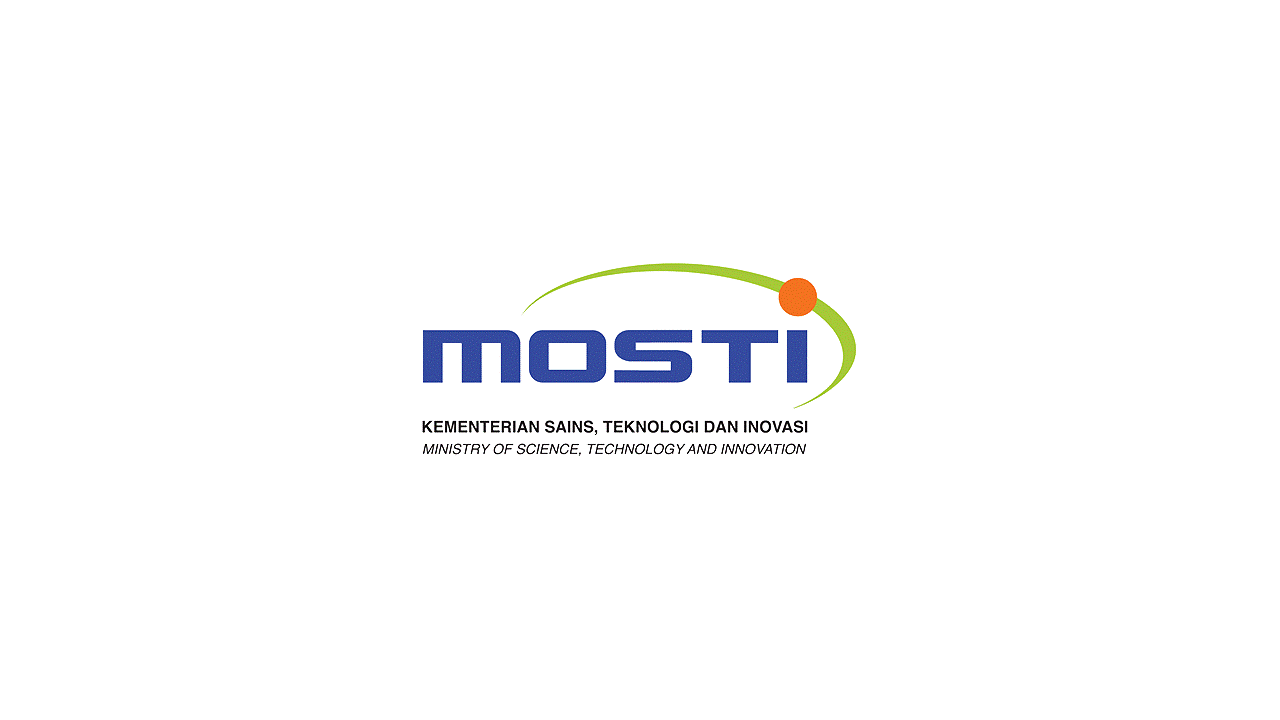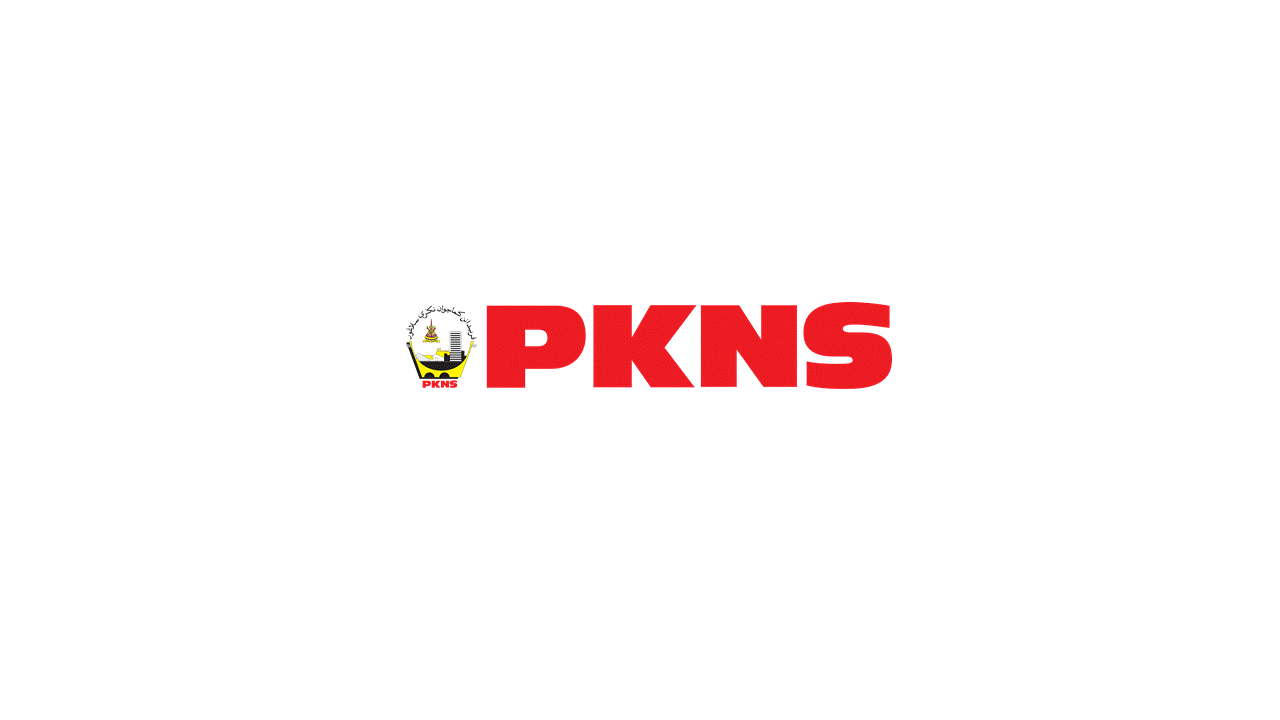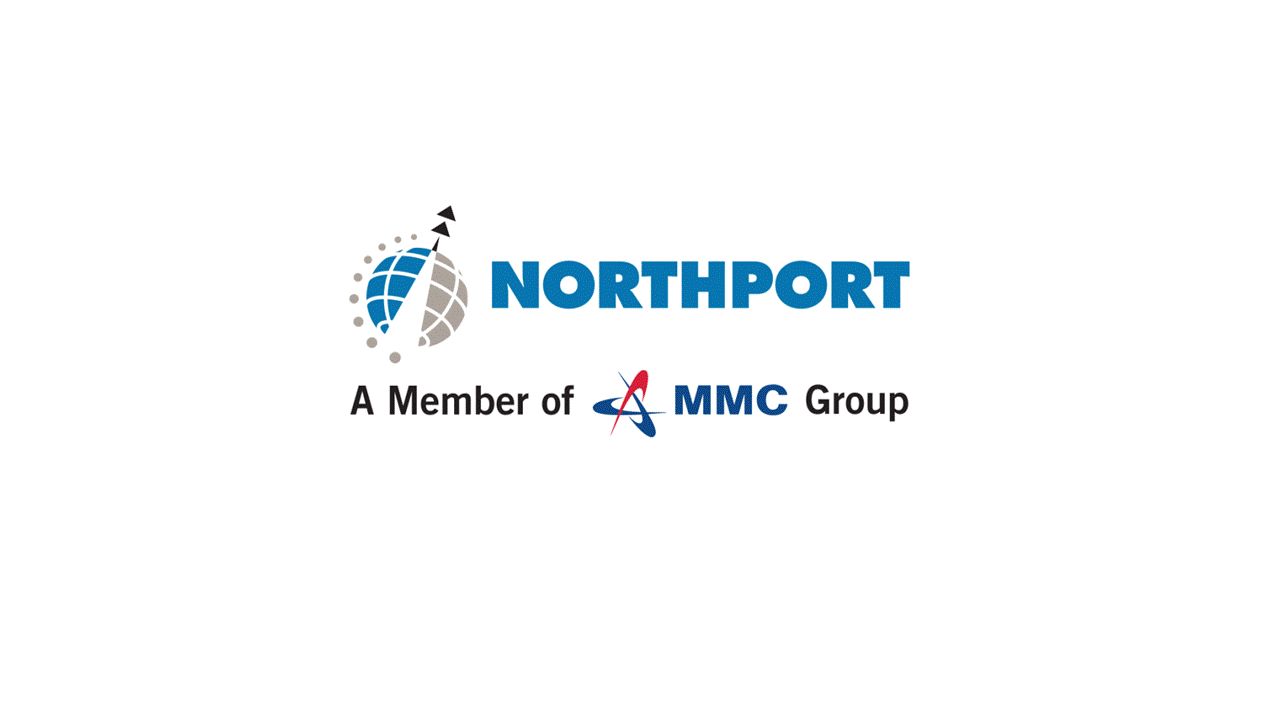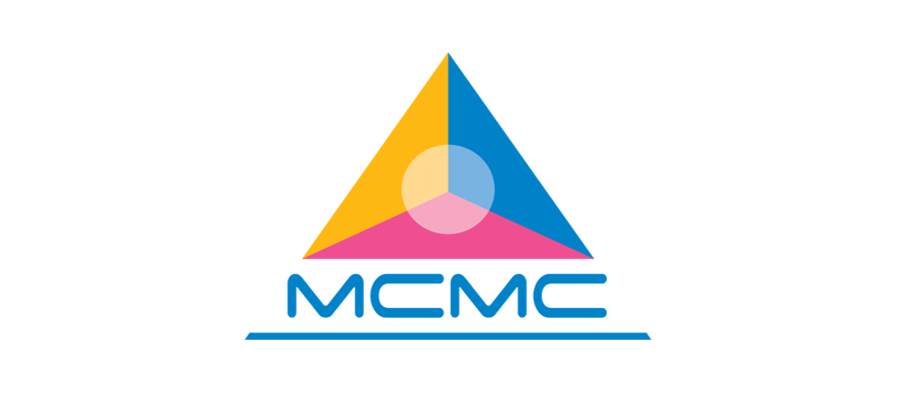News: Zolve raises $15 million for its cross-border neobank aimed at global citizens
Tens of thousands of students and professionals move out of India each year to pursue higher education and for work. Even after spending months in a new country, they struggle to get a credit card from local banks, and end up paying a premium to access a range of other financial services. Banks in the
Tens of thousands of students and professionals move out of India each year to pursue higher education and for work. Even after spending months in a new country, they struggle to get a credit card from local banks, and end up paying a premium to access a range of other financial services.
Banks in the U.S., or in most other countries for that matter, rely on local credit scores to determine the worthiness of potential applicants. Even if an individual had a great credit score in India, for instance, that wouldn’t hold any water for banks in a foreign land.
That was the takeaway Raghunandan G, the founder of ride-hailing firm TaxiForSure (sold to local giant Ola), returned to India with after a trip. After months of research and assembling a team, Raghunandan believes he has a solution.
On Wednesday, he announced Zolve, a neobanking platform for individuals moving from India to the U.S. (or the other way around).
The startup works with banks in the U.S. and India to provide consumers access to financial products seamlessly — without paying any premium or coughing up any security deposit.
In an interview with TechCrunch, Raghunandan said the startup underwrites the risks, which has enabled banks in foreign countries to extend their services to Zolve customers. “Consumers can open an account with us and access all banking services as if they are banking with their national bank,” he said.
As part of the announcement, Raghunandan said two-month-old Zolve has raised $15 million in a seed financing round led by Accel and Lightspeed. Blume Ventures and several high-profile angel investors, including Kunal Shah (founder of Cred), Ashish Gupta (formerly the MD of Helion), Greg Kidd (known for his investments in Twitter and Ripple), Rahul Mehta (managing partner at DST Global) and Rahul Kishore (senior managing director of Coatue Capital), also participated in the round. So did Founder Collective (which has backed Airtable and Uber), in what is its first investment in an Indian startup.
“Individuals with financial identities in multiple geographies need seamless global financial solutions and we believe the team’s strong identification with the problem will enable them to deliver compelling and innovative financial experiences,” said Bejul Somaia, Lightspeed India Partners, in a statement.

Before starting Zolve, Raghunandan founded TaxiForSure, a ride-hailing firm, that he later sold to Ola for $200 million. Image Credits: Zolve
Raghunandan acknowledged that a handful of other startups are also attempting to solve this challenge, but he said other firms are not making use of a consumer’s credit history from their origin nation. “We are the only one who is looking at this problem in a completely different light. We are not trying to solve the problem at the destination country where consumers face the challenges. We are finding the solution in the home country itself, where the consumers already have a reputation and credit history,” he said.
Once a customer has access to a credit card and other financial services in the new nation, they can quickly broaden their local credit history, something that otherwise takes years, he said.
“The global citizen community is largely underserved in terms of access to financial services and we believe that there is a huge market opportunity for Zolve. Raghu has a proven track record as a founder and we are delighted to partner with him again, on his latest venture. The team’s passion and commitment are commendable and we are positive that Zolve will create tremendous value for this community,” said Anand Daniel, partner at Accel, in a statement.
Headquartered in San Francisco and Bangalore, Zolve offers a range of compelling features even for those who don’t plan to visit a foreign land. If you’re in India, for instance, you can use Zolve to buy shares of companies listed at U.S. exchanges. You can also buy bitcoin and other cryptocurrency from exchanges based in the U.S. or Europe, said Raghunandan.
The startup, which has already amassed more than 5,000 customers, has formed revenue-sharing arrangements with its banking partners. Raghunandan said since Zolve currently onboards customers in India and generates much of its revenue from banking partners in the U.S., it’s already operating on a profitable model.


